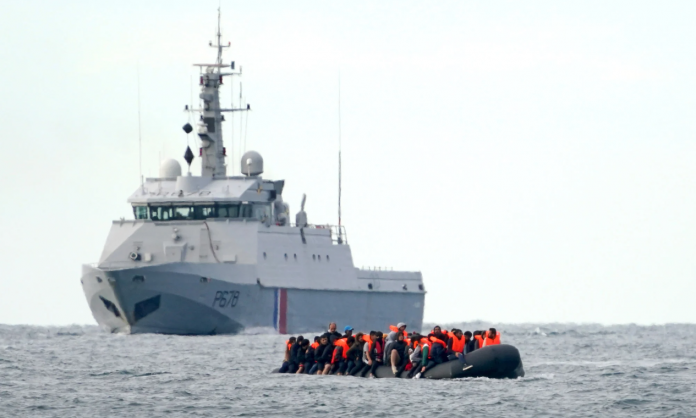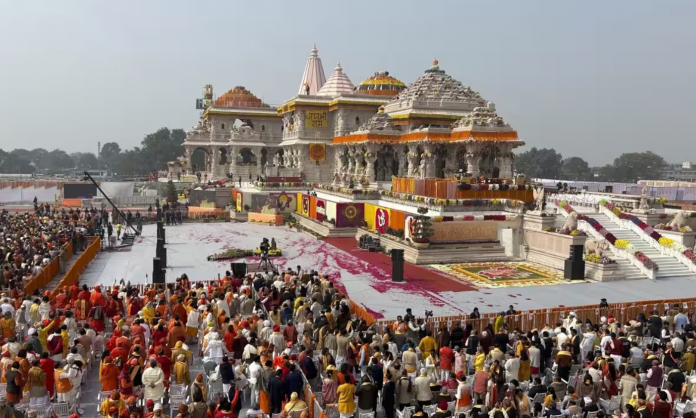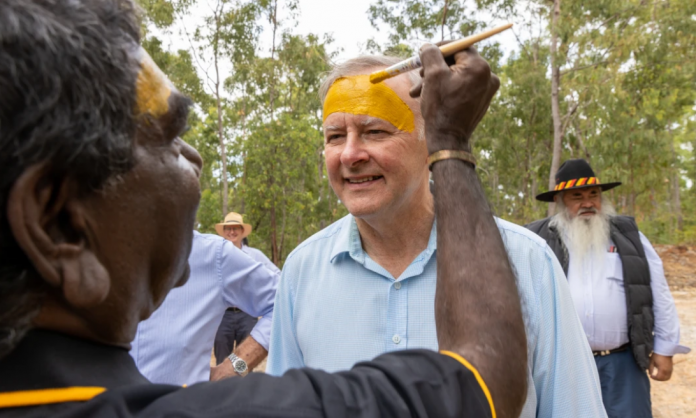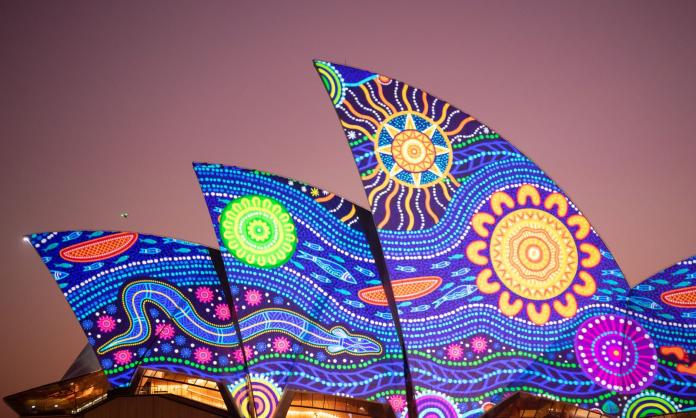As survivors gathered in the southern Italian island of Lampedusa in October to commemorate the tenth anniversary of one of the most deadly drownings of refugees in the Mediterranean, European leaders met to discuss further plans to deport refugees and prevent asylum seekers gaining entry to Europe.
“That story is unforgettable. Ten years aren’t enough, a whole lifetime isn’t enough. It lives with me. I dream about it every night”, Solomon Asafa told Il Manifesto. Asafa was on the boat carrying hundreds of asylum seekers, mostly from Somalia and Eritrea, that capsized on 3 October 2013, killing 368 people. Just eight days later, another 268 people, mostly from Syria and 60 of them children, drowned in a similar incident.
Fisherman Vincenzo Luciano spoke of the horror of taking his boat out in February this year and finding the bodies of some of the at least 94 refugees, one-third of them children, drowned off the southern Italian coastal city of Cutro. “I have those faces fixed in my mind”, he told the Lampedusa gathering. “They appear in my dreams.”
The commemoration at Lampedusa coincides with a renewed political focus on the island, which has long been a hot spot for refugee boat arrivals and, consequently, of Europe’s brutal border policing. Large numbers of asylum seekers have made the treacherous journey across the Mediterranean this year. More than 10,000 arrived in September alone, and boat crossings are at their highest level since 2016.
This situation has led European leaders across the political spectrum to denounce the migration “crisis” afflicting the continent. There certainly is a crisis, but not in the way they mean. People arriving to seek asylum is not a crisis. Rather, border policies that make seeking asylum dangerous, and persecute those who attempt it, are causing a shameful humanitarian crisis.
The very reason that most refugees try to reach Europe in ramshackle boats is that Frontext—the European Union’s border control agency—has made land crossings at choke points in Eastern Europe incredibly difficult.
When it comes to boat arrivals, Frontex focuses on deterrence, with deadly consequences. In its five-year “Operation Sophia”, for example, Frontex guards destroyed wooden fishing boats used by refugees fleeing Libya, forcing them to risk their lives in ever more unsafe vessels. Meanwhile, non-governmental organisations that conduct search-and-rescue missions have had their activities blocked and criminalised.
In tandem with these measures, Frontex outsources European border policing to the North African regimes of Libya and Tunisia, both countries beset by deep political and economic turmoil. In exchange for these governments’ cooperation with boat turn-backs and arbitrary refugee detention, Frontex provides financial, technological and military assistance.
The result is a system in which the capacity to accept and resettle refugees has been deliberately reduced in favour of military and diplomatic mechanisms intended to deter them. In Italy alone, for example, Giuseppe Campesi, writing in Il Mulino magazine, estimates that refugee resettlement capacity was reduced by 240 percent between 2017 and 2022.
So the “crisis” unfolding at Lampedusa in recent weeks—thousands of refugees crammed into ramshackle welcome centres, dependent on food and clothing donations from locals and awaiting transfer to new detention and repatriation centres the Italian government is rushing to build—is one that prevents people, punishes them or forces them to risk their lives exercising their basic right to seek asylum. It is no accident: it is a crisis by political design, and it is being seized upon by different forces vying for dominance in the European Union elections due to be held next year.
The European Union parliament has long been the stronghold of a centrist coalition, led by the centre-right European People’s Party. It has primarily been a mechanism for cohering European member states to a shared neoliberal and geopolitical agenda. But reflecting the growth and intensification of far-right politics across the continent, the EPP looks likely to be ousted from its hegemonic position in the EU parliament next year by a right-wing governing bloc of the European Conservatives and Reformists and Identity and Democracy. These two groups—the former including Poland’s ruling Law and Justice Party and the Brothers of Italy, and the latter Matteo Salvini’s Lega, Marie Le Pen’s National Rally and Alternative for Germany—encompass the most reactionary, racist and anti-refugee forces across Europe.
Recent jostling between European leaders over the latest surge in refugee arrivals and the longer term, deadlocked project of reforming its framework of refugee management to spread responsibility across member states, is an important part of this electoral contest. Italian Premier Giorgia Meloni, eager not to be outflanked to the right by her coalition partners in the Lega, earlier this month condemned German Chancellor Olaf Scholz for flouting Italian sovereignty by unilaterally deciding to finance pro-refugee non-government organisations. Meloni subsequently got EU leaders to minimise references to NGOs in the text of the EU’s refugee management framework, which she spun as an important victory.
Even more belligerent are Meloni’s political allies in power in Poland and Hungary. Both used their veto powers to block a group statement on migration devised by European leaders at the Granada Summit in early October. Hungary’s Victor Orban likened accepting refugees to being raped. Meanwhile, Poland’s Mateusz Morawiecki, in campaign mode in the lead-up to the 15 October election and referendum on rejecting “illegal” immigration from the Middle East and North Africa, asserted that he will reject any migration “dictate coming from Brussels and Berlin”.
With EU lawmakers pushing to overhaul migration policy before the 2024 election, and the broader economic and political conditions that drive refugees to flee elsewhere showing no sign of abating, the targeting of refugees for political gain is likely to worsen.
Tareke Brhane, one of the people responsible for the remembrance activities of the 2013 Lampedusa refugee catastrophe, told Al Jazeera that, 10 years on, “we haven’t learned anything.” In reality, the leaders of Fortress Europe have learnt everything they need to about the value of murdering and brutalising people for political gain.










